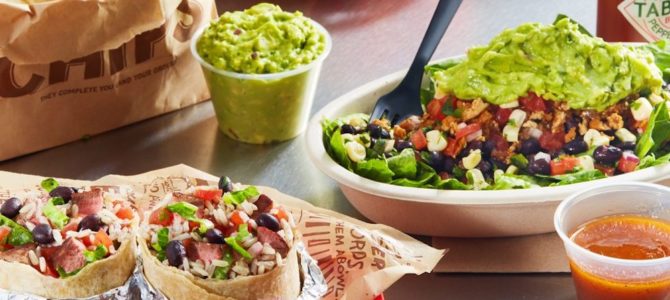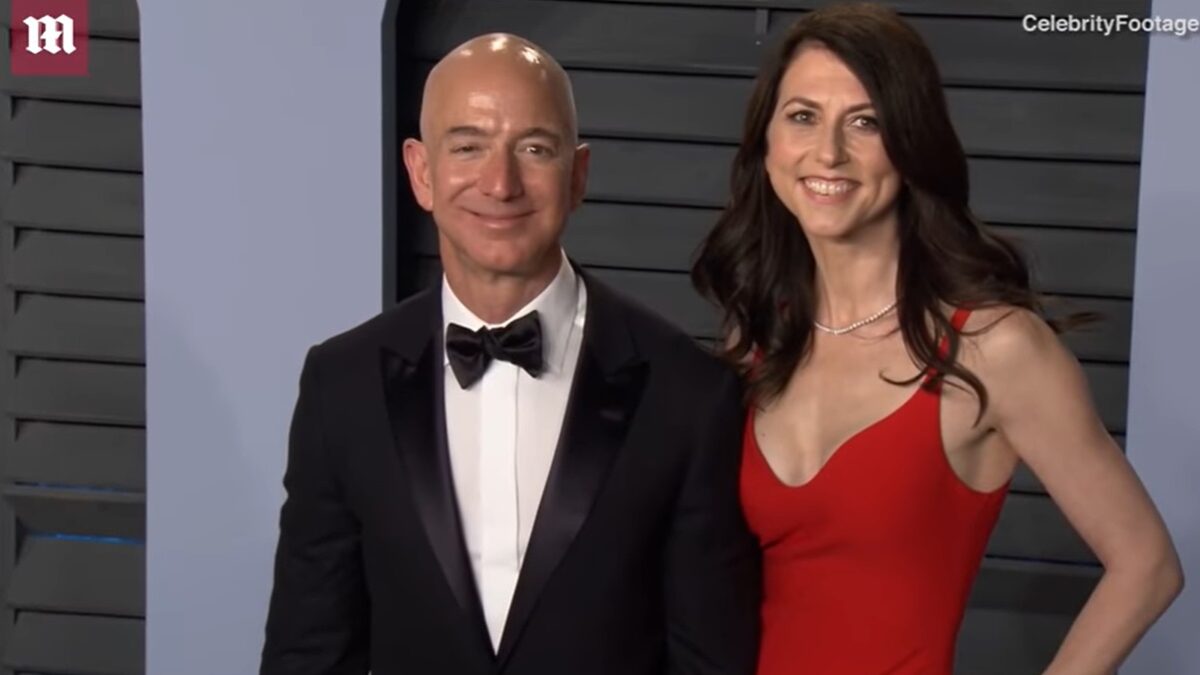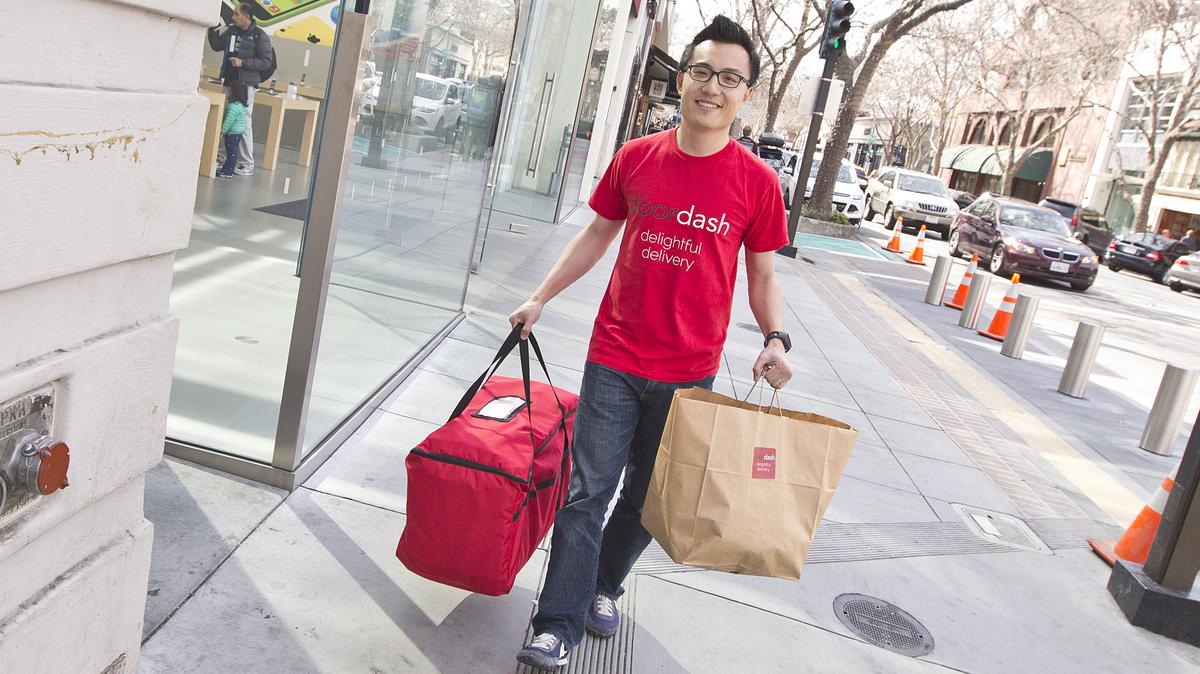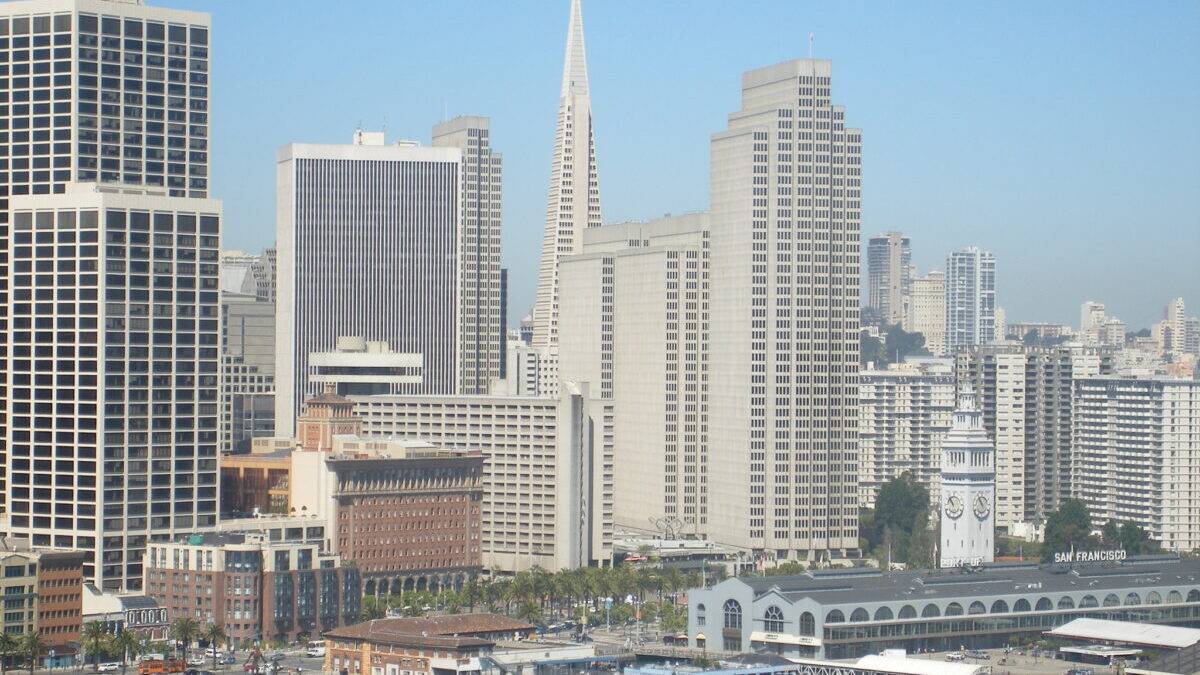
Chicken bowl, brown rice, black and pinto beans, pico, hot salsa, lettuce, cheese, sour cream — that’s all I want. And I want it for $7.60 plus tax. Thanks to the ill-named American Rescue Plan and remarkably short-sighted employment decisions, the federal government has jacked up the price of my Chipotle order.
Sure, the restaurant is the one raising its prices by about 4 percent, but the federal government is the cause.
“Across the restaurant industry, chains such as Chipotle, Starbucks and McDonald’s have been increasing hourly pay for employees of company-owned locations in a bid to attract new workers and retain their current ones,” NBC News reported. “Consumer demand has come roaring back for restaurant meals, but the workforce has been slower to return, pushing eateries to sweeten the deal.”
Did you catch that? Restaurants have had to bribe current and prospective workers with fatter paychecks to lure them off their backsides and back to work. That’s what happens when the federal government steps in with a sweet unemployment deal, incentivizing workers do a little less labor and a little more lounging.
Under the CARES Act, the original coronavirus spending bill, the federal government handed out an extra $600 per week — with no eligibility requirements, meaning even millionaires could collect it — to unemployed people. According to a report from the Heritage Foundation, the average full-time American worker earning $48,000 a year would take home 15 percent more from unemployment under the CARES Act than remaining in his full-time job.
This sounds a little absurd, and it is in almost every sense. It’s important to remember, however, that however spendy and unsustainable these subsidies were, they were the product of a different time, when onerous government restrictions slammed business doors closed and kept many people out of the workplace.
But then things changed. Businesses started to reopen, and the unemployment rate dropped from 14.8 percent at its peak in April 2020 to 6.7 percent by the end of the calendar year, meaning many Americans were getting back to work by last Christmas.
Nonetheless, the short-sighted federal government decided to keep doling out unemployment checks months later. As part of their exorbitant $1.9 trillion American Rescue Plan spending bill, Washington politicos kept writing $300 checks (which would have remained $600 if Democrats got their way), on the taxpayers’ dime and on top of state unemployment benefits, to Americans who weren’t working.
Added to the average state unemployment check of $330 per week, the $300 federal subsidy meant Americans could sit at home for $630 per week, or more than $32,000 per year — about double the national minimum wage. That’s a pretty sweet deal. It’s no surprise then that burger joints and my beloved burrito heaven have struggled to get workers back on the payroll.
Conservatives warned about this, of course. People with one ounce of forethought knew exactly where massive unemployment perks would lead. You can’t pay people handsomely to stay home and then expect them to jump back into Chipotle uniforms.
But this whole Chipotle price hike reveals another thing conservatives have long been right about. When companies have to raise their wages, they don’t absorb those costs; they pass them off to you. In an effort to bring on an additional 20,000 workers, Chipotle announced in May that it would raise its average hourly wage to $15 by the end of this month — the same dollar figure Democrats have pushed as a federal minimum wage.
“Give people a living wage!” they demand for entry-level jobs that were never intended to support full families. All the while they shush conservatives who protest that a $15 minimum wage at McDonald’s, for instance, would raise prices, harming many of the same low-income Americans who dine there.
That’s exactly what’s been happening at McDonald’s, where the traditional Dollar Menu has become a relic of the past and prices have soared as wages have gone up. Now it’s happening at Chipotle too.
When the federal government pays restaurant workers to stay home, home is where many of them will stay. And when Chipotle needs to compensate for it by dangling a $15-an-hour wage in front of the low-skill teens who work there, the franchise will stuff that extra cost right into your burrito.
Chipotle broke my heart a little today, but big government is breaking my budget.









